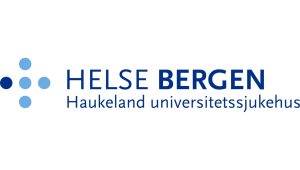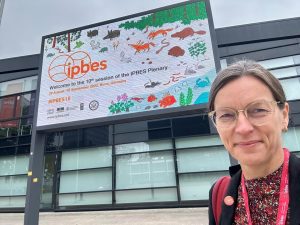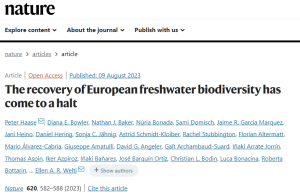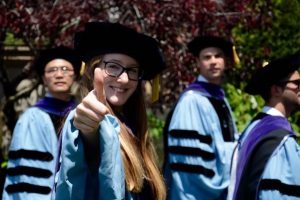
I have been away from Marineholmen since the end of April 2022, first four months at Statsraad Lehmkuhl across the Pacific, and then on a research term at the University of Helsinki. The return to BIO as the new group leader for Fisheries and marine biology has proven to be both exciting and full of small and large matters to be tackled.
Our group is responsible for the specialisations “Marine Biology” and “Fisheries Biology and Management”. The revision of these specialisation has been discussed for some time already. This year’s number of new students (no master’s students started on Fisheries Biology and Management) perhaps also signals that the time is overdue for this work.
Sustainability Goal 14, Life under water, focuses on “Conserving and using the sea and marine resources in a way that promotes sustainable development”. Today’s students have a strong interest in a sustainable future, and precisely sustainability is the foundation of marine biology, fisheries biology and management. There are many elements in the current course portfolio that contribute to learning within this focus, but a renewal and modernization is in order.
The revision of the specialisations will take place during this academic year, with involvement from our group and the most important employers of the master’s students we train (for example the Institute of Marine Research), other colleagues at BIO and UiB – and perhaps also our sister departments at other universities.
In a dream world, such an audit would take place so that we first find out what it is that we want our completed master’s students to be able to do, what kind of units (courses) these knowledge and skills are to be taught in, and who takes responsibility for which course. But as everyone knows, all our activity is now heavily influenced by the economic situation we and the entire sector are in, and there is great uncertainty about and when we will possibly get new colleagues who can participate in the teaching.
Just like the MatNat faculty board and most of us, I am also concerned about “that resignations in scientific positions happen randomly for those deparmtents that now have to reduce the salary budget and thus do not have the opportunity to hire new ones in strategically important areas”. But even if departures occur randomly, we actually have a reasonably good idea of when it is likely that our employees will retire.
The analysis of BIO’s staffing according to retirements has begun, but as it stands now, they have largely concentrated on who will replace the teaching in the current course when the current teacher retires. Here I think we can work smarter and more forward-looking:
The world does not stand still, and it is therefore not a given that the course portfolio we have now is the one we will maintain for the future.
The economy dictates that we should have larger courses, and cannot afford courses with very few students. But in addition, we should look at what are the relevant issues, theories, methods and techniques now and in the near future that students should learn about.
We should see the department’s teaching as a whole. How can we work smarter in teams? For example, ecological, evolutionary and behavioral theories as well as modeling principles are similar in different systems, so courses could, in addition to common theory/method, use both marine and terrestrial examples so that students from several directions could take the same course.
The possibilities are many, and therefore a professional-strategic process is needed which ensures the best possible contribution from all our good colleagues at BIO. It is clear that such an update of the course portfolio takes time, which we feel we do not have, but the alternative if we do nothing is that we could end up with a heavy-duty portfolio that will be distributed among fewer and fewer teachers. If we do not plan in time, coincidences can thus gain even more power. I don’t think any of us deserve that.
Regards, Katja
***
Katja Enberg
Group leader, Fisheries and marine biology group












